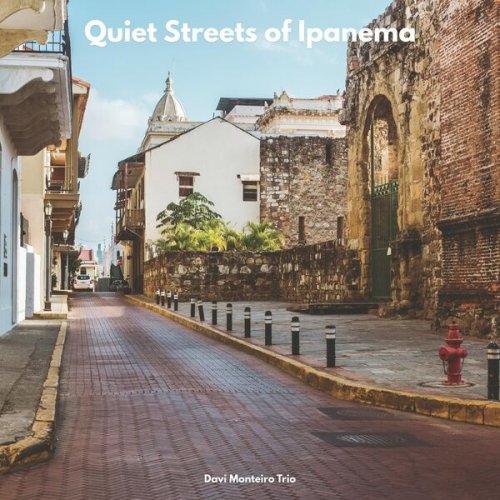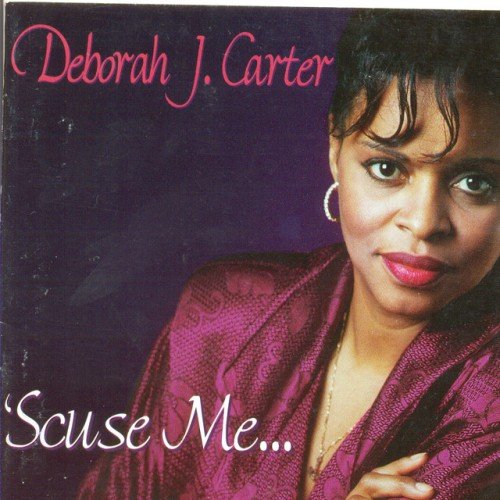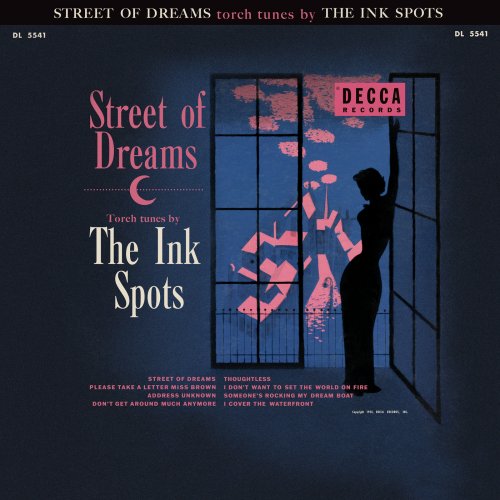Roland Kirk - Volunteered Slavery (2005)
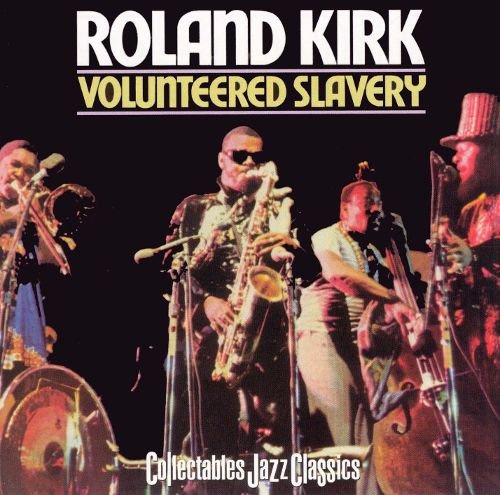
Artist: Roland Kirk
Title: Volunteered Slavery
Year Of Release: 2005
Label: Atlantic
Genre: Jazz, Post-bop
Quality: FLAC (tracks+.cue, log, Artwork)
Total Time: 42:53
Total Size: 290 MB
WebSite: Album Preview
Tracklist:Title: Volunteered Slavery
Year Of Release: 2005
Label: Atlantic
Genre: Jazz, Post-bop
Quality: FLAC (tracks+.cue, log, Artwork)
Total Time: 42:53
Total Size: 290 MB
WebSite: Album Preview
01. Volunteered Slavery (5:45)
02. Spirits Up Above (3:39)
03. My Chérie Amour (3:20)
04. Search For The Reason Why (2:08)
05. I Say A Little Prayer (8:01)
06. Roland's Opening Remarks (0:40)
07. One Ton (5:02)
08. Ovation & Roland's Remarks (1:46)
09. A Tribute To John Coletrane: Lush Life - Afro-Blue - Bessie's Blues (8:16)
10. Three For The Festival (4:18)
Before the issue of Blacknuss, Rahsaan Roland Kirk was already exploring ways in which to make soul and R&B rub up against jazz and come out sounding like deep-heart party music. Volunteered Slavery, with its beat/African chanted poetry and post-bop blues ethos was certainly the first strike in the right direction. With a band that included Charles McGhee on trumpet, Dick Griffin on trombone, organist Mickey Tucker, bassist Vernon Martin, drummers Jimmy Hopps and Charles Grady, as well as Sony Brown, Kirk made it work. From the stinging blues call and response of the tile track through the killer modern creative choir jam on "Spirits Up Above" taking a small cue from Archie Shepp's Attica Blues. But it's when Kirk moves into the covers, of "My Cherie Amour," "I Say a Little Prayer," and the Coltrane medley of "Afro Blue," "Lush Life," and "Bessie's Blues," that Kirk sets it all in context: how the simplest melody that makes a record that sells millions and touches people emotionally, can be filled with the same heart as a modal, intricate masterpiece that gets a few thousand people to open up enough that they don't think the same way anymore. For Kirk, this is all part of the black musical experience. Granted, on Volunteered Slavery he's a little more formal than he would be on Blacknuss, but it's the beginning of the vein he's mining. And when the album reaches its end on "Three for the Festival," Kirk proves that he is indeed the master of any music he plays because his sense of harmony, rhythm, and melody comes not only from the masters acknowledged, but also from the collective heart of the people the masters touched. It's just awesome.
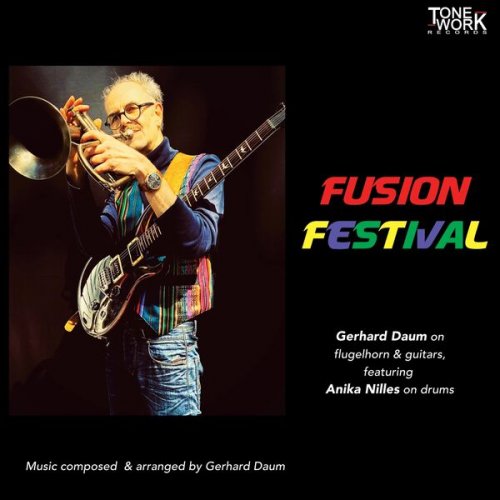

![Jan Harbeck Quartet - Arena (2026) [Hi-Res] Jan Harbeck Quartet - Arena (2026) [Hi-Res]](https://img.israbox.com/img/2026-02/21/ta1geqbunymda1vazij2b7te7.jpg)
![Noga - Heroes in The Seaweed (2025) [Hi-Res] Noga - Heroes in The Seaweed (2025) [Hi-Res]](https://www.dibpic.com/uploads/posts/2026-02/1771663366_nhs500.jpg)
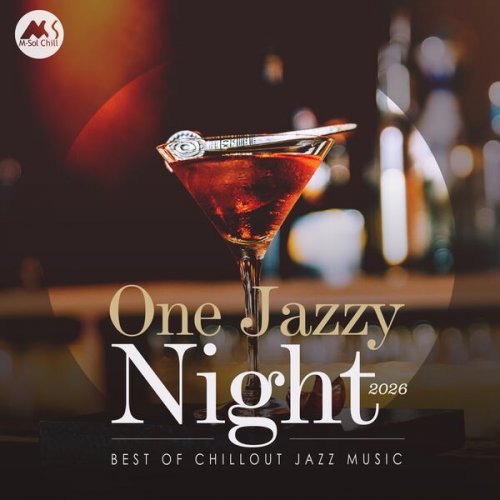
![L'Oiseau Ravage - Vertiges de la mue (2026) [Hi-Res] L'Oiseau Ravage - Vertiges de la mue (2026) [Hi-Res]](https://img.israbox.com/img/2026-02/20/nx23lj9uf6shoeud9r81rkfqi.jpg)
